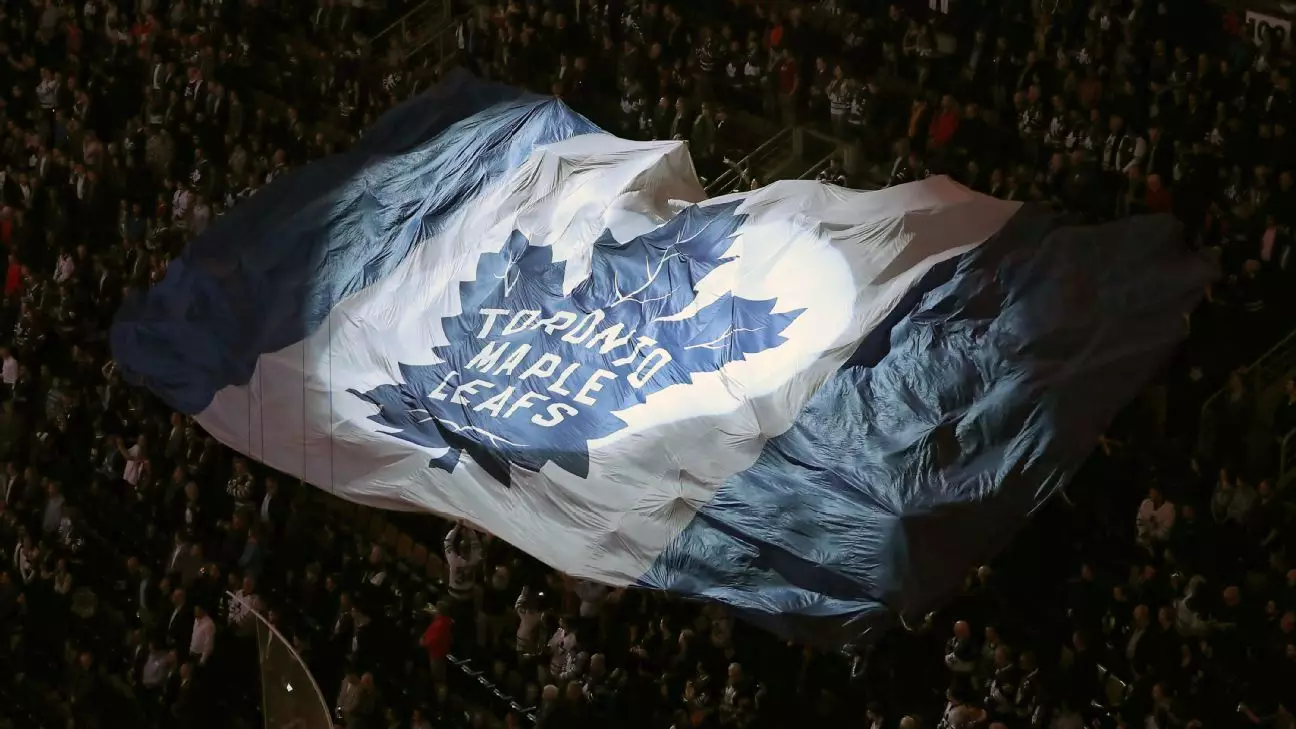In a significant move for both the telecommunications and sports landscape in Canada, Rogers Communications announced its acquisition of Bell Canada Enterprises’ 37.5% share in Maple Leaf Sports & Entertainment (MLSE) for an impressive $4.7 billion. This transaction catapults Rogers into a majority ownership position within MLSE, the most esteemed sports conglomerate in the country. With this latest maneuver, the firm gains control over a portfolio that includes some of Canada’s premier sports franchises: the National Hockey League’s Toronto Maple Leafs, the National Basketball Association’s Toronto Raptors, Major League Soccer’s Toronto FC, the Canadian Football League’s Toronto Argonauts, the American Hockey League’s Toronto Marlies, and the NBA G League’s Raptors 905.
The journey to full ownership has roots tracing back to August 2012 when Rogers and Bell first entered a partnership to jointly acquire a 75% stake in MLSE. This collaboration allowed both media giants to leverage each other’s strengths in broadcasting and brand visibility, significantly enhancing their influence in the Canadian sports market. As a result of this new agreement, while Rogers takes full control, MLSE chair Larry Tanenbaum retains a 20% stake, ensuring that a valuable figure in the organization remains involved in its governance.
Strategic Implications for Rogers
Tony Staffieri, Rogers’ president and CEO, emphasized the importance of live sports in his company’s business strategy. He characterized MLSE as an elite organization in the sports arena, underlining the role of these franchises in widening Rogers’ reach within the entertainment sector. Sport-related content has become increasingly essential for media companies, as it offers live programming that draws large audiences, while also supporting associated advertising revenues. The acquisition positions Rogers not just as a telecommunications provider but as a crucial player in entertainment, allowing it to engage fans at multiple points of contact.
Bell Canada, which will finalize the sale by mid-2025, signaled that the decision was motivated by a need for increased financial flexibility. Still, they will retain the broadcast rights for 50% of the regional games for both the Leafs and Raptors. This retention exemplifies Bell’s ongoing commitment to Canadian sports even as they divest from ownership. Mirko Bibic, BCE Inc’s president and CEO, articulated pride in their tenure as co-owners and their continued support for fans, indicating that this shift aligns with their strategic objectives.
Valuation and Growth of MLSE Franchises
The financial landscape for MLSE’s franchises has flourished, with Forbes valuing the Toronto Maple Leafs at $2.8 billion, marking them as the most valuable asset in the NHL, while Sportico appraises the Toronto Raptors at $4.1 billion, underscoring their position as a top-tier franchise. This surge in valuation reflects broader trends in sports economics, driven by lucrative broadcasting deals and an expanding fan base. Keith Pelley, president and CEO of MLSE, commended the impact of robust ownership on the organization’s ascendance within the competitive sports industry.
This acquisition signifies a pivotal shift in the ownership landscape of Canadian sports, cementing Rogers’ role as a leader in the entertainment sphere while illustrating the ongoing evolution of sports franchises as invaluable economic assets.

